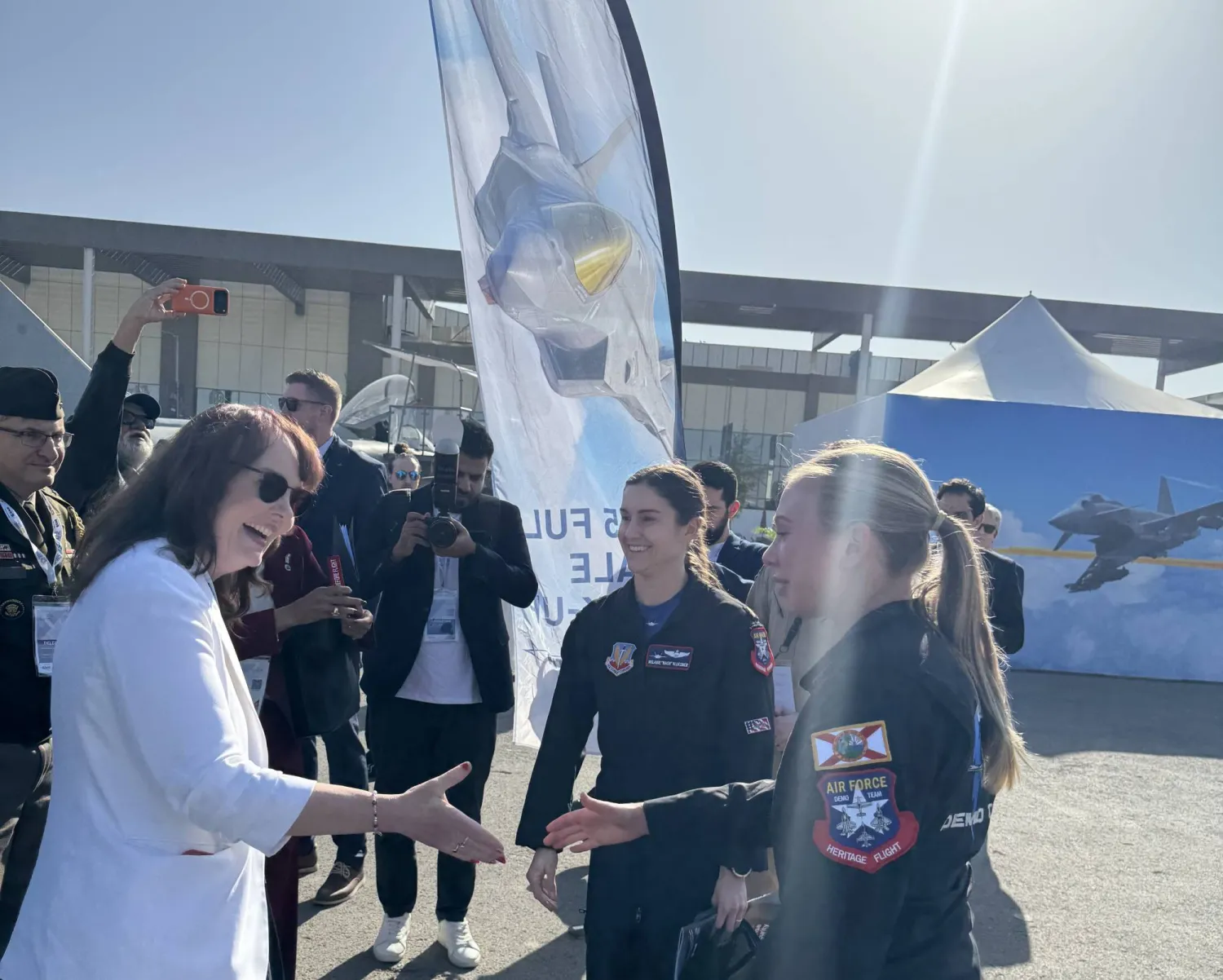The King Salman Park Foundation, chaired by Crown Prince Mohammed bin Salman, announced on Wednesday the launch of construction of the Royal Arts Complex, on an area exceeding 500,000 square meters.
The Royal Arts Complex is one of the most important landmarks of the King Salman Park project, which was launched by Custodian of the Two Holy Mosques King Salman bin Abdulaziz on March 19, 2019, under the direct supervision of the Crown Prince.
The Royal Arts Complex will comprise the Museum of World Cultures, which is being built in one of the complex’s buildings and reaches up to 110 meters in height. It also boasts the National Theater with a 2,300-seat capacity. The Complex will also comprise the Royal Institute of Traditional Arts, which includes three academies: the Academy of Traditional Visual Arts, the Academy of Cultural Heritage and Restoration, and the Academy of Theatrical Arts.
The complex will also boast a sculpture pavilion, two theaters, three cinemas, and a large hall that will house the works of artists and creators. It will hold a library specialized in culture and arts that includes more than 250,000 books.
By embracing the Salmani architectural design, which blends modern and traditional values, the King Salman Park Foundation aspires to embody the vision of Crown Prince Mohammed in establishing the complex as a major beacon of culture and arts in the heart of the capital, Riyadh.
The park aims to support the realization of one of Vision 2030’s main tenets through the creation of a vibrant and healthy society, whose members enjoy a healthy lifestyle in a positive and attractive environment.
The King Salman Park is projected to become Riyadh’s “green lung” and the world’s biggest urban park as it sits in an area of over 16 million square meters. It will provide a vibrant experience for the city’s residents by offering them a variety of environmental, cultural, artistic and recreational options.
The park also aims to boost the global ranking of Riyadh among the “world’s top liveable cities”.
King Salman Park is characterized by its strategic location in Riyadh, and it is linked to several main roads, as well as the Public Transport Project, which includes Riyadh’s train and bus network.
The project boasts a circular pedestrian walkway, stretching 7.2 kilometers, open spaces extending to more than 11 square kilometers, and about 1 million trees covering all areas of the park.









